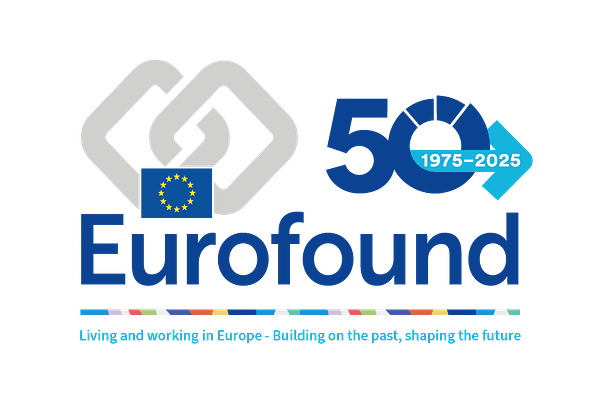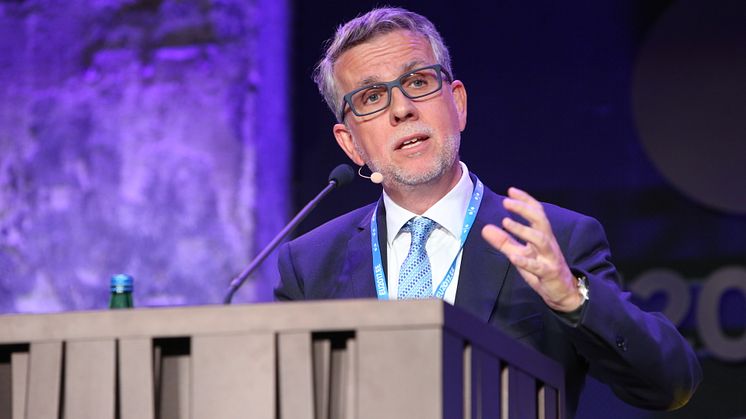
Europa, ¿un lugar privilegiado para vivir y trabajar?
La encuesta europea sobre calidad de vida de Eurofound proporciona una visión única acerca de la calidad de vida actual de los europeos.

La encuesta europea sobre calidad de vida de Eurofound proporciona una visión única acerca de la calidad de vida actual de los europeos.

Die von Eurofound durchgeführte Europäische Erhebung zur Lebensqualität bietet einzigartige Einblicke in die aktuelle Lebensqualität der Europäer.

Les résultats de la dernière enquête européenne sur la qualité de vie font état de progrès généraux dans les domaines de la qualité de la vie, de la qualité de la société et de la qualité des services publics.

The results from the most recent European Quality of Life Survey show overall progress in the areas of quality of life, quality of society and quality of public services. We have seen improvements for many, although from low points following the economic crisis.

Results from Eurofound’s 2016 European Quality of Life Survey (EQLS) show general progress in the three key areas - quality of life, quality of society and quality of public services. Nevertheless, there remain signs of persisting inequalities and rising uncertainties in some areas with particular differences apparent between countries, gender, age and income groups.
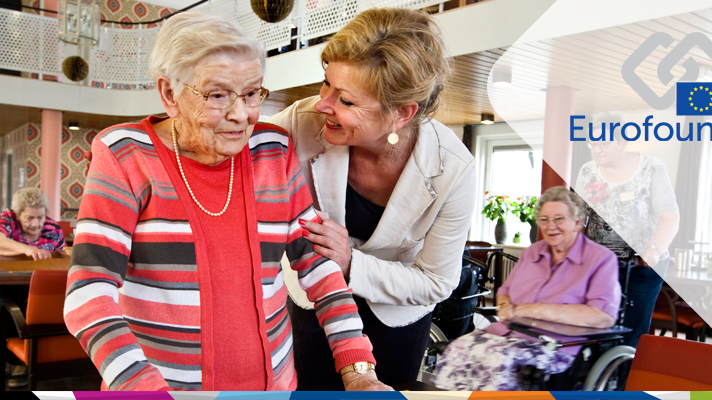
Eurofound’s new report Care homes for older Europeans: Public, private and not-for-profit providers is the most comprehensive exercise to date to gather all available data across Member States. The report provides a picture of the quality, accessibility and efficiency of services.
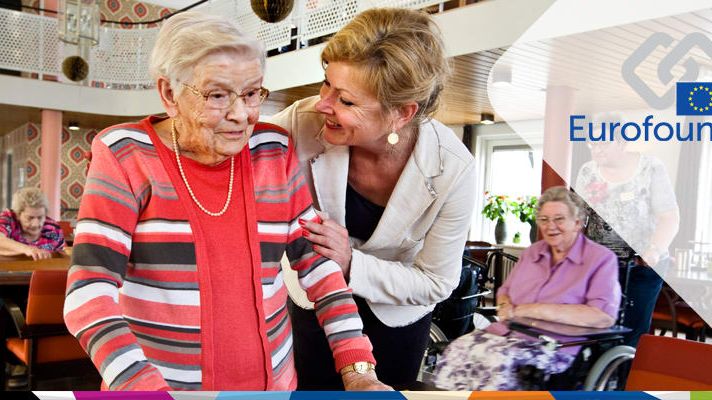
Eurofound will launch its new report on care homes for older Europeans at a special event on Tuesday 28 November 2017 in Europe House, Dublin.
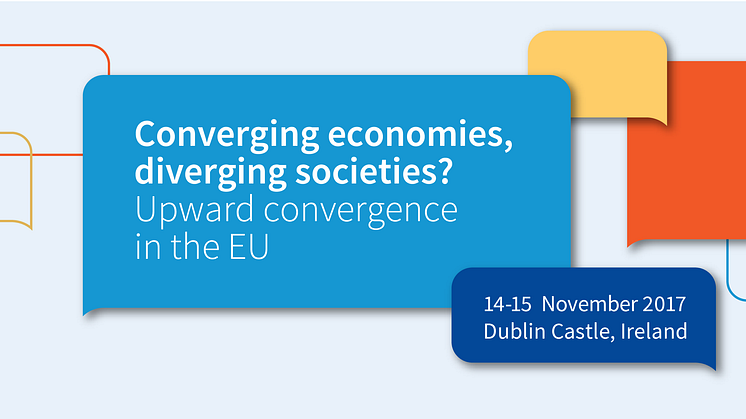
The Foundation Forum is Eurofound’s flagship event, aimed at reaching high-level policymakers in the field of social, employment and work-related policies. The event takes place in Dublin on 14-15 November 2017.
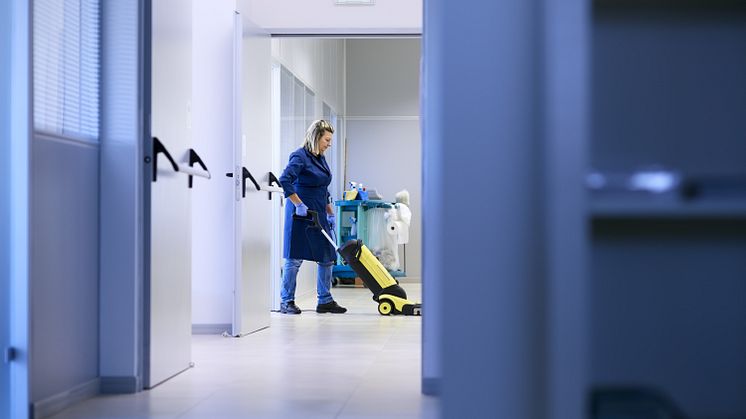
Friday 3 November is European Equal Pay Day. In the following blog piece Christine Aumayr-Pintar looks at the issue of pay inequality, contending that far from being a fair weather issue, addressing pay gaps should be an ongoing priority for Europe.
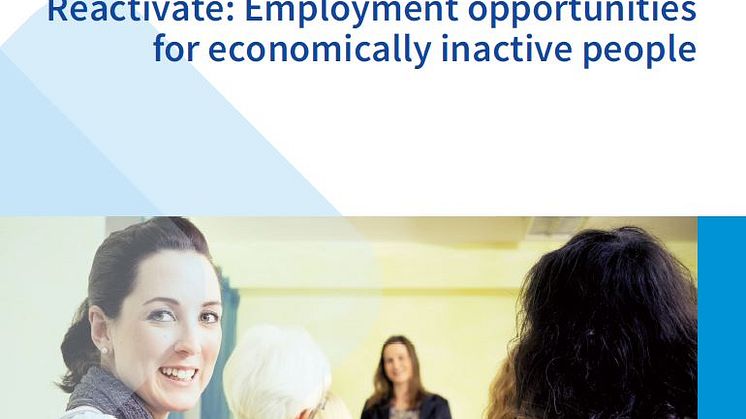
Unemployment in the EU continues to fall, however more than one in four of the EU’s working-age population are economically inactive; meaning they are not working, and are not seeking work or are not available for work.

Working time is more than just clocking in and clocking out. In this blog piece, originally published in Social Europe, Jorge Cabrita looks at three reasons why working time in Europe should follow a life course perspective.
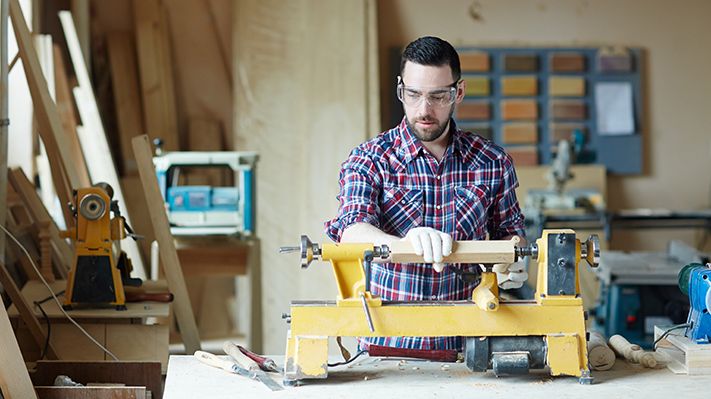
In this new blog piece Mathijn Wilkens looks at the multi-faceted nature of self-employment in Europe – from the entrepreneurial independent self-employed, to those that find themselves in a more vulnerable position.
Eurofound (European Foundation for the Improvement of Living and Working Conditions) is a tripartite EU body, whose mission is to provide knowledge to assist in the development of better social, employment and work-related policies.
